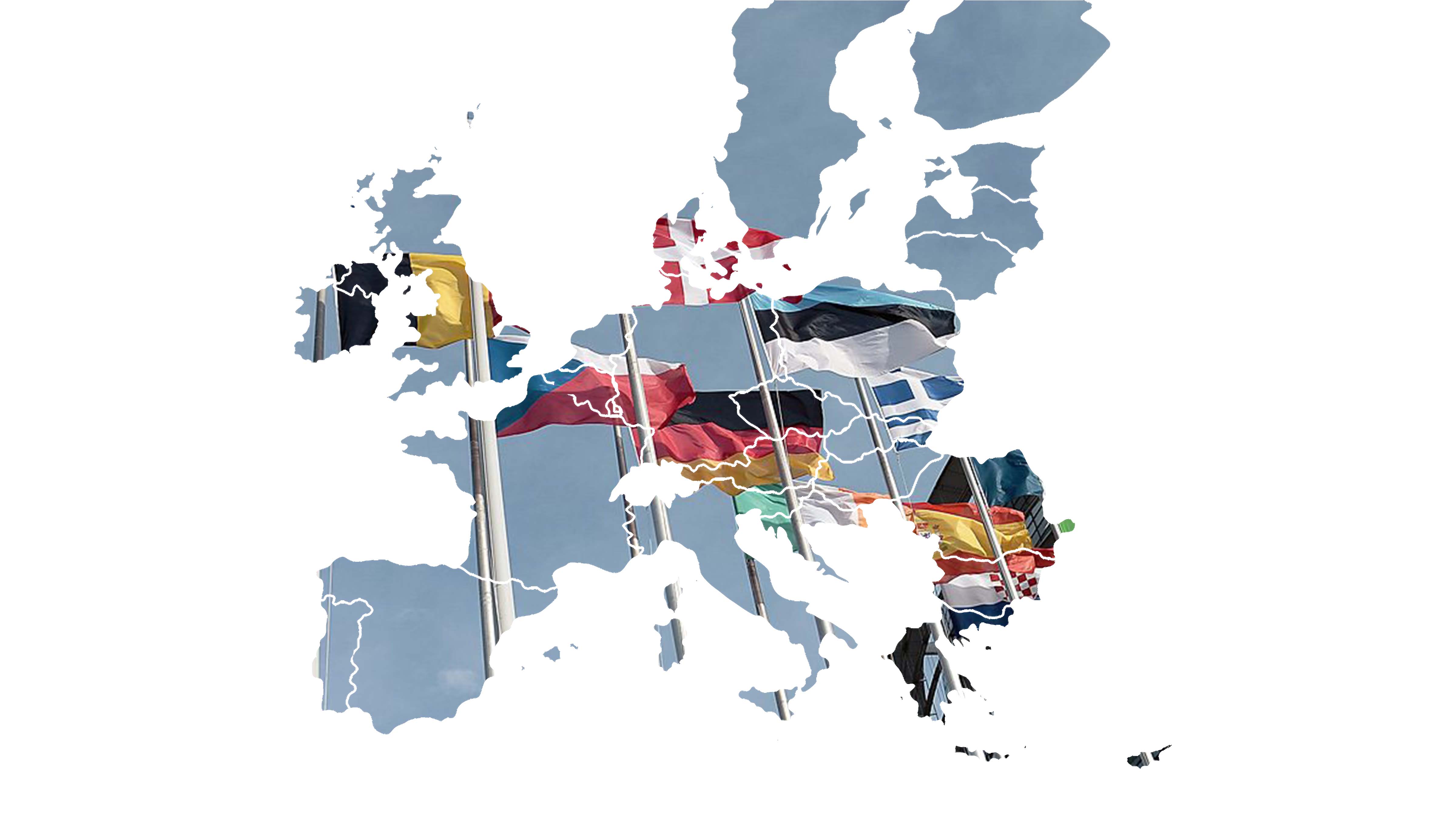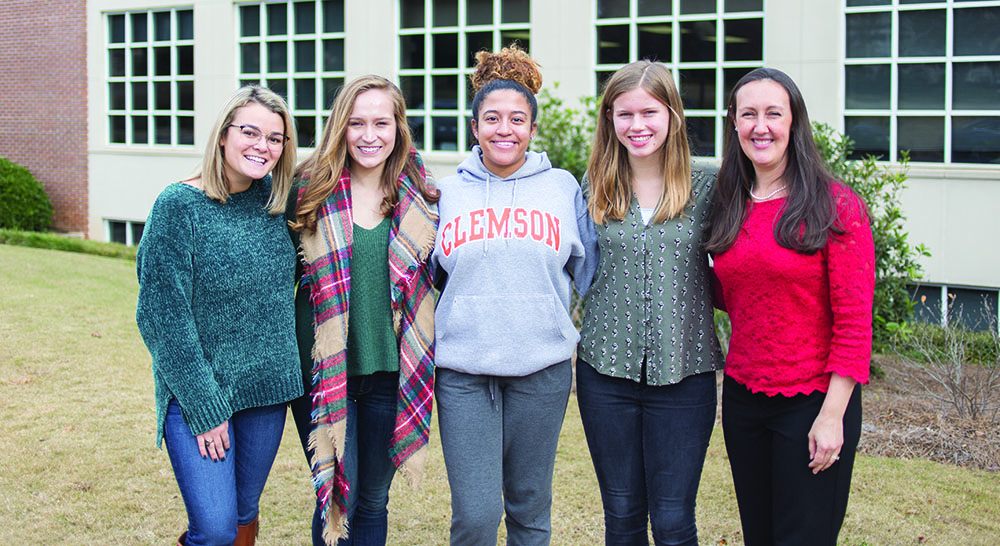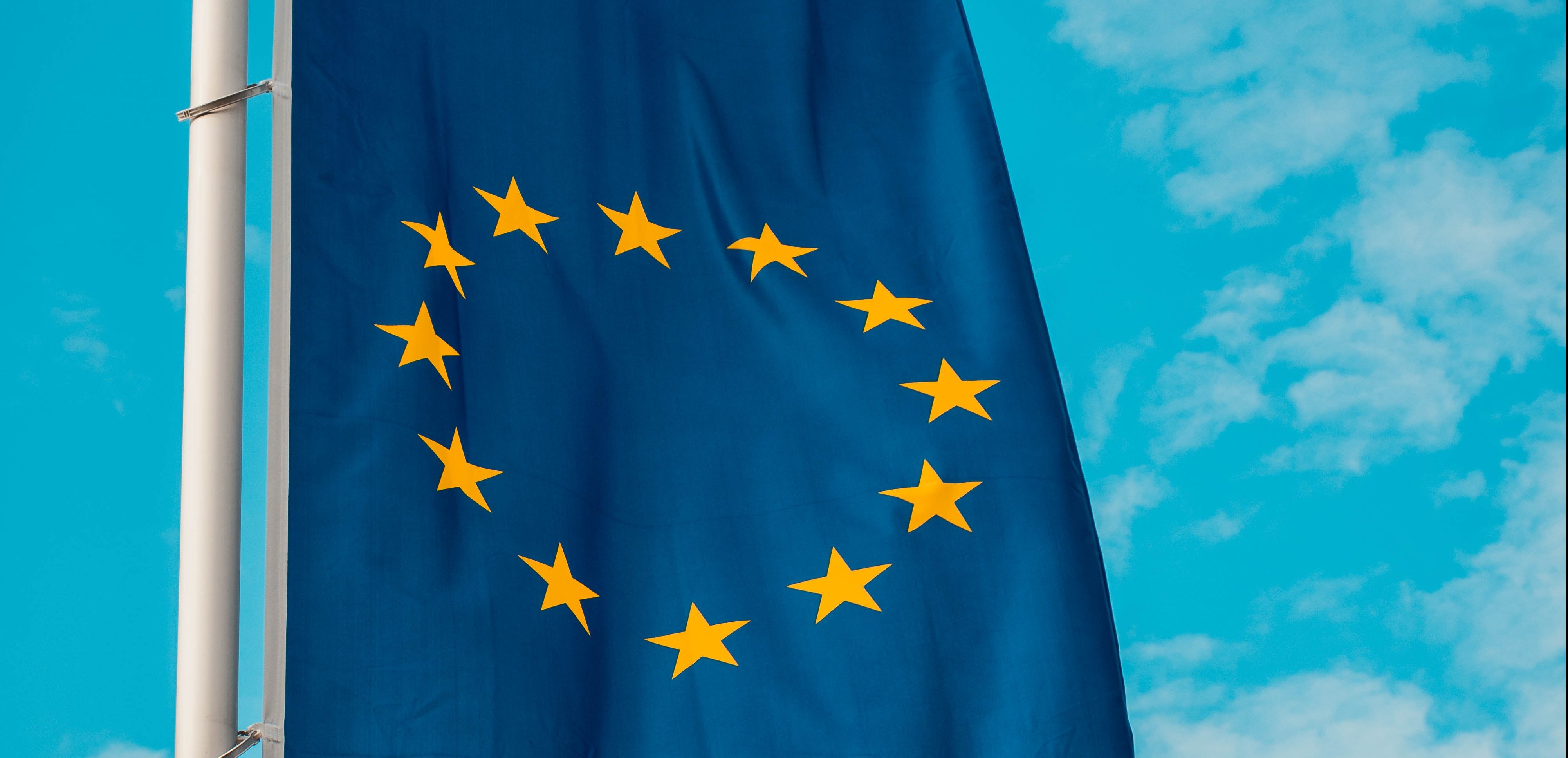by Stone Washington
Whether fluent in European politics or not, many people are aware of Great Britain’s dramatic decision, in June 2016, to exit from the European Union (EU), commonly referred to as Brexit. Although familiar with the term Brexit, few people are aware of the significant impact that it holds for other countries in the European Union.
The EU was founded in 1993 as a global organization working to unite its countries economically, politically and socially. The EU, comprised of 28 European nations, is primarily tasked with monitoring an interconnected system of trade while seeking to ease the burdens of commerce. Despite this, many people, even in Europe, remain confused regarding the purpose of the EU. At Clemson, students in the Assessing the EU’s Influence Creative Inquiry project, led by Dr. Amber Curtis in the Department of Political Science, strive to understand the significance of the EU and investigate its influence on global affairs.
This year under Curtis’ guidance the students conducted two main studies. One examined how European citizens interact with the EU on a daily basis to determine whether or not the average citizen is aware of the institutional resources available to member nations. The students analyzed survey data from citizens from Germany, Poland and the United Kingdom (UK)—three countries known to have different opinions of the EU. The team primarily focused on the UK due to the Brexit controversy. Curtis emphasizes how invaluable it is to gain first-hand information from citizens in the UK regarding the ramifications of exiting the EU and feelings toward whether or not the decision made was beneficial for the country. “Its actions, its policies, its daily operations into the realm of the citizens’ lives and their perceptions of why the EU is a good or bad thing,” Curtis said.

The second study arose organically. “Dr. Curtis has given us a lot of opportunity to do what we want with the project,” Sarah Reynolds, a junior political science major, said. While collecting healthcare data from the Center for Disease Control and the World Health Organization in the fall, the team discovered what would frame their second study. Using these health records, the team began investigating how perceived health threats affected natives’ willingness to accept immigrants.
Curtis views this Creative Inquiry project as an excellent learning opportunity. The students in the project get a unique, in-depth experience in the world of academic research at a much deeper level than in their general course work. Students contribute to the existing scholarship on the EU by developing surveys, running the surveys through an international polling firm and collecting the results. Students then analyze the data using tools such as Excel or Stata. The team presents their results at various events in hopes of an eventual publication.
“I think a lot of students, even in the Department of Political Science, don’t know much about the EU. Our research will help them understand not only the EU, but European attitudes in comparison to American attitudes,”
Meghan Walling, a junior political science major, said. This team’s research is helping to clear up confusion regarding the EU and to bring a global perspective to Clemson students.

Dr. Curtis and her students
Photo by Sarah Stewart



